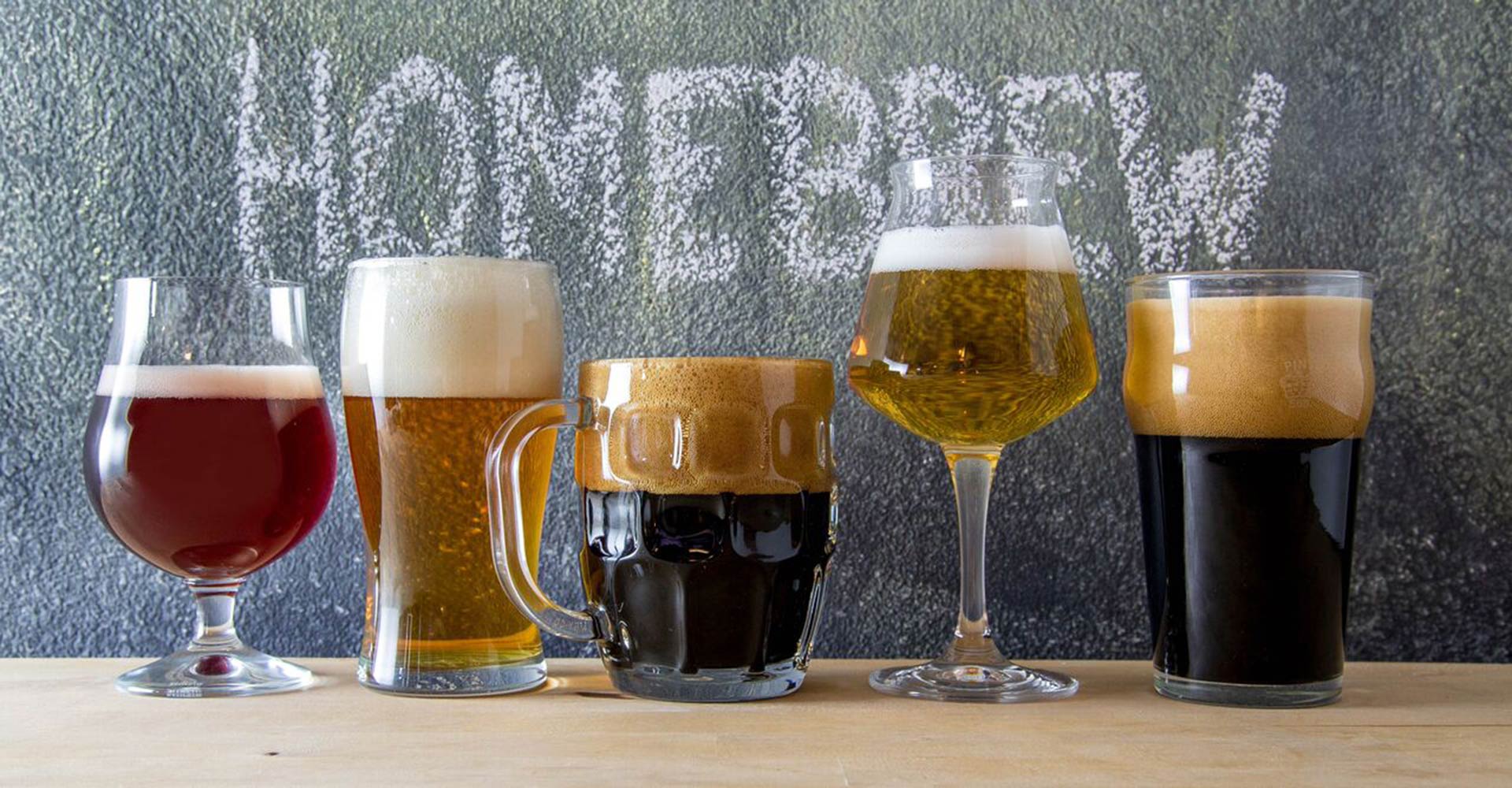


Not permitted although every household can distill fermented fruit only, up to 30 litres per year in a local distillery, for personal use only.

2000 litres of wine per household per year. 2000 Litres per household per year of beer for personal use, including notification of the customs office.
#BEER HOMEBREW SUPPLIES LICENSE#
Legal with a license to distill granted by the (provincial) government. Liquor laws are regulated provincially, while the federal government has laws about taxation and importation of beer, wine and other liquors. Legal to distill alcohol with a permission or license. Legal for personal use only, not for sale. Permission is also required from the Australian Taxation Office to own, possess, dispose of, buy, sell, import or manufacture a still of over 5 litres capacity, whether it is being used to produce alcohol or not. spirits) without an excise manufacturer licence. Legal for individuals to produce beer and wine for personal use. ( July 2009) ( Learn how and when to remove this template message) Unsourced material may be challenged and removed. Please help improve this article by adding citations to reliable sources in this section. This section needs additional citations for verification. Similar British organizations are The National Guild of Wine and Beer Judges, Īnd the National Association of Wine and Beermakers (Amateur) - (NAWB), who have held an annual show since 1959. The Beer Judge Certification Program (BJCP) is an American organization which oversees homebrew competitions, certifies judges, and offers categories for judging. Some people join homebrewing clubs and enter homebrew competitions. Brewing domestically also affords one the freedom to adjust recipes according to one's own preference, create beverages that are unavailable on the open market or beverages that may contain fewer calories, or less or more alcohol.

Many homebrew to avoid a higher cost of buying commercially equivalent beverages. People choose to brew their own beer for a variety of reasons. In 1984, Papazian published The Complete Joy of Home Brewing which remains in print alongside later publications such as Graham Wheeler's Home Brewing: The CAMRA Guide.
#BEER HOMEBREW SUPPLIES FULL#
Within months of homebrewing's full legalization, Charlie Papazian founded the Brewers Association and American Homebrewers Association. 1337, into law, legalizing homebrewing of beer in the United States. The homebrewing of beer with an alcohol content higher than 0.5% remained illegal until 1978 when Congress passed a bill repealing Federal restrictions and excise taxes, and President Jimmy Carter signed the bill, H.R. In 1920, due to Prohibition, breweries across the United States were closed down or began making malt for other purposes. Australia followed suit in 1972 when Gough Whitlam repealed the law prohibiting the brewing of all but the weakest beers in one of his first acts as Prime Minister. Chancellor of the Exchequer Reginald Maudling removed the requirement for a brewing licence in 1963. Throughout the first half of the 20th century, homebrewing in the UK was circumscribed by taxation: the Inland Revenue Act of 1880 introduced a 5- shilling homebrewing licence. In 1857, French microbiologist Louis Pasteur explained the role of yeast in beer fermentation, allowing brewers to develop strains of yeast with desirable properties such as efficiency converting sugar to alcohol and ability to handle higher alcohol content. These tools increased efficiency to the point that mass production of beer was possible for the first time in history. The 18th century Industrial Revolution brought about such innovations as the thermometer and hydrometer. Laws against making alcohol were enacted and repealed between the Zhou and Ming dynasties. Roman women often directed production in larger households while the labor was performed by slaves.īy the Tang dynasty, homebrewing seems to have been a familiar domestic chore in China, albeit the lower classes had to make do with poorly-filtered mash. The Greeks and Romans cultivated both grape wine and beer, to a lesser extent. The tradition of brewing being in the domain of women stemmed from the fact that brewing was a by-product of gathering, and often considered a part of baking. Women brewers dominated alcohol production on every occupied continent until commercialization and industrialization of brewing occurred. It seems to have first developed as thick beers during this time meads, fruit wines and rice wines were also developed. Main articles: Women in brewing, history of alcoholic beverages, beer, and wine and the history of alcohol in China.īeer has been brewed domestically throughout its 7,000-year history, beginning in the Neolithic period in Mesopotamia (modern Iraq), Egypt and China.


 0 kommentar(er)
0 kommentar(er)
